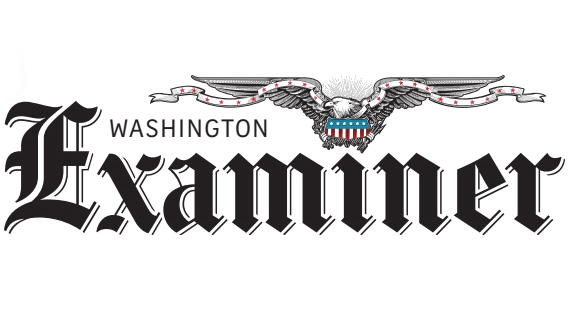This piece originally appeared in the Washington Examiner on October 21, 2020.
As the Senate nears a vote to confirm Judge Amy Coney Barrett to the Supreme Court, not everyone is free to speak his or her mind about it. That’s because groups that urge people to tell their senators to vote “aye” or “nay” are regulated like campaign entities, simply because of the luck of the calendar.
Senators can stop campaigning on a dime to cast their vote, but campaign finance laws can’t be put on pause. Those laws regulate mass communications that merely name candidates in the two months prior to the election. Since many elected officials are also candidates, the law throws a wrench into efforts to alert people about actions in Washington.
For most of the year, groups urge people to contact their legislators about important issues. They ask you to ask them to confirm or reject judicial nominees, support or oppose legislation, or take up causes that are being ignored. These are classic examples of free speech: people telling other people about what their government is doing and how they should respond.
In the two months before the election, however, these sorts of messages are deemed “electioneering communications” when aired on television or radio and are regulated almost as strictly as full-blown campaign ads. Groups that make “electioneering communications” must publicly report any donors who gave to fund the messages. Worse, they must endure a permanent headache trying to stay on the right side of our notoriously complex campaign finance laws.
Even the late Justice Antonin Scalia once said that these laws are “so intricate that I can’t figure it out.” Partisan groups and big super PACs are accustomed to operating within this arcane system, but nonprofit organizations and smaller organizations aren’t. The safest option for them is to stay silent during the two-month “blackout” period.
So, while voters hear a tremendous volume of speech about government leading up to Nov. 3, they may not get much variety. The law skews who we hear from, which in turn skews what we hear.
“Electioneering communications” laws forget that government doesn’t shut down when campaign season kicks in. This year’s nomination of Barrett to the Supreme Court is just one example of important government action that can occur in the lead-up to an election. In 2018, almost the entire confirmation battle over Justice Brett Kavanaugh occurred during the blackout period. The allegations of sexual misconduct, the heated confirmation hearings, and the Senate’s final vote all happened within two months of Election Day.
The law also imposes a shorter, one-month blackout period before primaries. On top of that, some states have their own electioneering communications laws. The result is a patchwork of blackout periods across the country that makes it difficult to organize and speak during election years.
Rules designed for campaigns aren’t fit for all speech about government. Campaign finance laws allow the government to regulate and monitor campaign activities as well as methods of organization and funding. That would be draconian if applied to every group that speaks about politics. It would silence key voices.
Therein lies the problem with such laws. A prohibition against naming candidates near an election lets politicians act without full public scrutiny. In a country that claims to value democracy, it should be unacceptable to burden speech when attention to government is at its peak.
Voices that are more concerned with our civic well-being than simply winning the next election might be just what we need during a bitter confirmation battle. Yet, under our misguided campaign finance laws, they’re the last ones you’re likely to hear.














